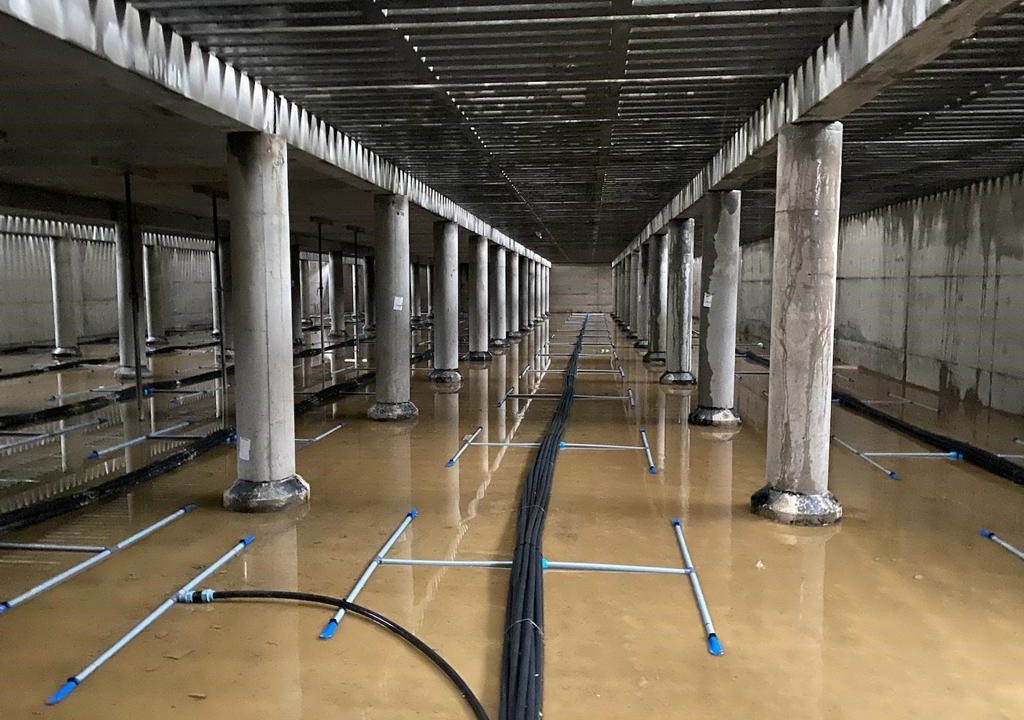Ballinasloe-based Easyfix, a leading manufacturer of livestock comfort products, has announced the acquisition of Ameram Slurry Limited’s Aeromix system with immediate effect.
Ameram has been supplying slurry management equipment throughout the world for over 25 years.
Easyfix plans to bring the Ameram Aeromix system, which they rebranded ‘Easyfix Slurry Technology’, to new markets.
With an abundance of emission directives and regulations looming for farmers worldwide, Easyfix management believes its newly-acquired technology will benefit many farmers in their quest for lower emissions, reduced carbon footprint and increased slurry nutrients.
Marking the 25th anniversary year
Easyfix managing director Michael Earls said:
“We are delighted to have completed the acquisition of Ameram’s Aeromix system. 2021 marks our 25th anniversary year.
I believe our progression into slurry technology is a strong indicator of both the success we have enjoyed in that time as well as our ambition for the future.
“Ameram has developed a unique, best-in-class product. We believe we can take it to the next level by leveraging our existing scale, reach and dealer network around the world.”
Ameram Slurry Ltd. was founded by Mike Ross in Wiltshire in 1994 and since then, has gone on to install slurry management systems all over the world.
Carry the baton
Ross said of the sale:
“Aeromix has been my passion for over 25 years and I’m delighted that Easyfix will carry that baton into the future. I truly believe that we are entering a new age of how we manage slurry, the importance of it and how it is policed.”
Grant-aided in the UK and Ireland, there are “numerous benefits” to the Easyfix Slurry Technology system.
Conversely, it assists in the increased production of nutrients in the slurry. It also eliminates the need for agitation which, crucially, makes for safer environments for both animals and farmers alike.
